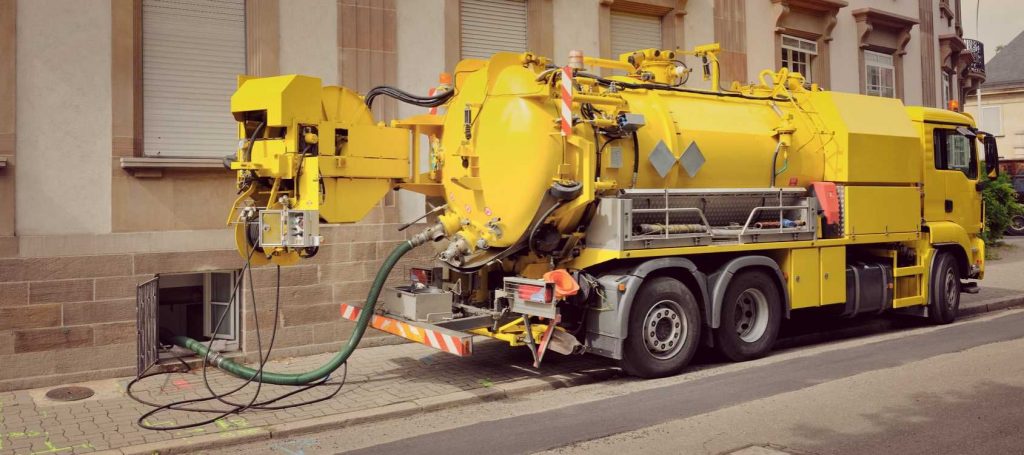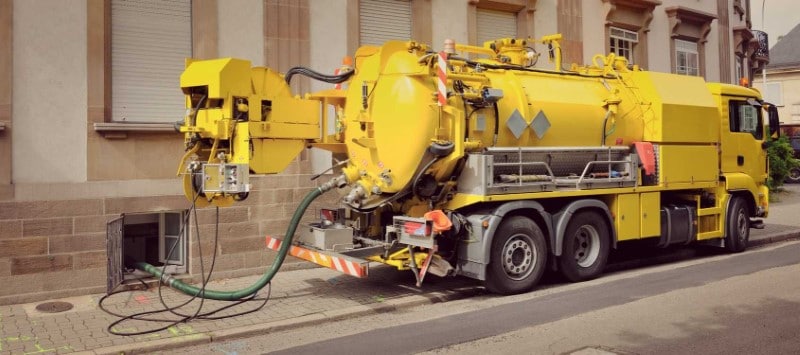
Grease traps are also installed outside the apartment buildings to take care of the FOG (fats, oils, grease) that are produced every day. There are many people who live in these government housing units so it’s only expected that a large amount of grease material is deposited into the grease traps. Every unit has a bathroom, a bedroom, and a kitchen. It’s the kitchen that remains the number one source of FOG in government housing projects. The government agencies that run these housing projects find themselves in deep with lawsuits and large fines because their grease traps have FOG overflow.
There are certain set limits to the amount of FOG that should spill over the wastewater. If the government housing project goes above that, then the agency is in trouble. There are many negative effects brought about by the FOG crisis. One is on health wherein various infections may be acquired through the untreated wastewater that backs up into the apartment building. The residents may get in direct contact with the effluent and get sick because of the pathogens that the effluent still carries. The surrounding environment is also affected by the FOG problem because the FOG-laced wastewater seeps through the surrounding water systems and pollutes everything. Aquatic organisms die off and the water itself is depleted of oxygen because of eutrophication.
Because of this, government housing grease removal should be thoroughly implemented. This is a government project that’s supposed to help people. It should not put them into much discomfort and harm. Government housing grease removal should be done together with the residents of the apartment building. It would be easy for the government agency to ask for their cooperation because if they don’t help in taking care of their grease trap, every single one of them will suffer the consequences.
Proper government housing grease removal starts with the proper use of the individual kitchens installed into each unit. The residents should start properly dumping the grease materials from their meal preparations and from their utensils and dishes after meal time. They could just manually scrape them off and collect them in a receptacle that can be sealed up and disposed together with the regular trash. The residents could also have a filter or mesh installed in the drain to catch any smaller piece of grease or solid waste materials. This practice will help the grease trap acquire only minute amounts of FOG.
Adhering to regular pump out schedules arranged with the grease trap professional is not enough. The maintenance department of the government housing should make sure that bioremediation is used. This is a process that utilizes non-pathogenic bacteria in getting rid of the FOG and the solid waste materials. The friendly bacteria aggressively digest the grease and the solid waste particles that have accumulated in the grease trap. The odors are also eliminated as the bacteria do their job.
Bacteria in government housing grease removal are highly recommended additives in most states. The bacteria are naturally-occurring so the environment is completely safe from any form of contamination. With the help of bioremediation, government housing projects could continue to help more people have decent and healthy living environments.
